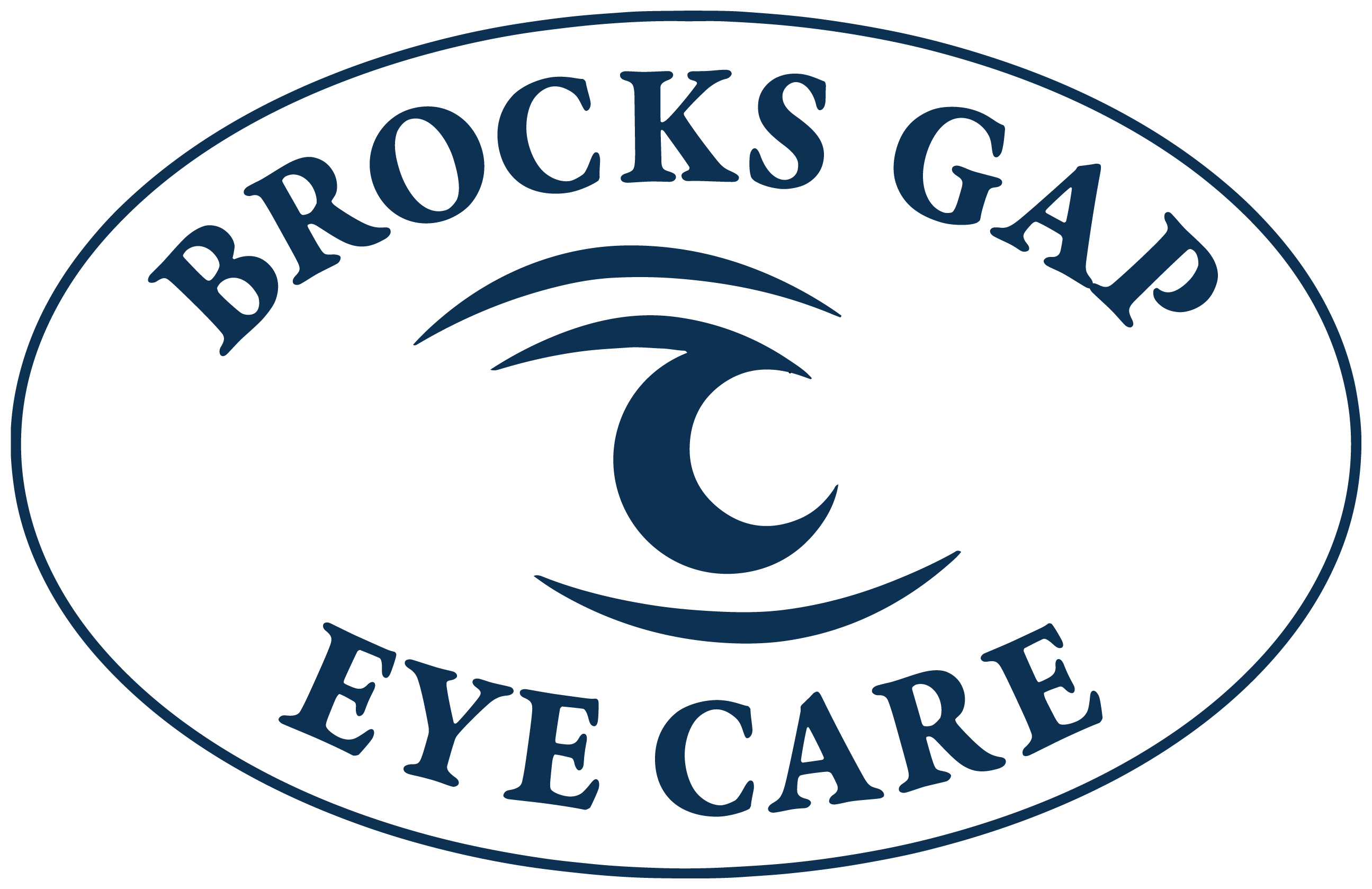Love it or hate it, Winter can be tough on your body. From dry skin to chapped lips, the elements are merciless, even if you live in a more moderate climate. This is especially true of your eyes, which are particularly susceptible to the winter weather.
Because winter tends to cause dryness, your cracked hands are not the only part of your body in need of some help. Dry eyes are a common complaint in the winter, and they can be extremely irritating. Thankfully, there are a handful of tips and tricks you can implement into your winter routine to address this and other potential seasonal eye problems.
Keep Your Eyes Healthy This Winter
Don’t let winter get you down. Whether you’re hitting the slopes or cozied up next to a fire, the challenges facing your eyes are real. The guide below can equip you with the knowledge to keep your eyes healthy despite winter’s bitter sting. Check it out.
Don’t Face the Heat
There are few things better than escaping the cold by hopping into a car and blasting the heat. Unfortunately, the heat produced by car vents, as well as other artificial sources of warm air, can quickly dry out your eyes.
This doesn’t mean you need to accept your fate and succumb to the cold. Instead of pointing the vents toward your face, direct the hot air toward your feet. This allows the space—car or otherwise—to warm up without directly affecting your eyes.
Step Away from the Screen
When the weather outside is frightful, people tend to spend more time inside. While this used to mean hot chocolate and a good book, it now means excessive exposure to digital devices and screens. While there’s nothing inherently wrong with screen time, it can lead to eye dryness, strain, and even long-term effects.
To avoid the possibility of these negative side effects, remember to take frequent breaks. Whether it’s looking away (preferably at something in the distance) or turning off the screen entirely for a bit, giving your eyes an opportunity to rest and produce moisture in the form of tears is incredibly beneficial.
Wear Sunglasses
There is a misconception that sunglasses are more necessary in the summer than they are in the winter. In reality, sunglasses are vital year-round, including when the sky appears to be a bit gloomy in the colder months.
The reflective surfaces present in the winter can accentuate damaging UV rays. Similarly, these same surfaces (ice, snow) can create glare that negatively affects eye health. Remembering your sunglasses when you venture outdoors in the winter is a must.
Use a Humidifier
In addition to being cold, the winter air also tends to be dry—especially indoors. The environment created by this dry air, particularly when heaters are in use, can contribute to the development of dry eyes. Before you know it, your eyes will be itchy, irritated, and otherwise unhealthy.
A humidifier can help normalize the air around you, thereby reducing the risk of dry eyes. If you decide to use a humidifier, focus on the areas of your home where you spend the most time.
Stay Hydrated and Use Eye Drops
Keeping your eyes properly hydrated can deter the winter blues from reaching them. Drinking enough water is a great start. Doing so keeps your entire body well hydrated, which is imperative for overall well-being, as well as eye health.
You may also want to use eye drops to assist your eyes in their quest to stay moist. Rather than waiting until irritation is already present, utilize artificial tears when risk factors—such as low humidity—are noticeably high.
When in doubt this winter, turn to your eye doctor for guidance. The tips above are powerful tools in your journey to healthier eyes, and your eye doctor can provide even more valuable insights. Better still, they will be specially tailored to your unique needs!

Commenti